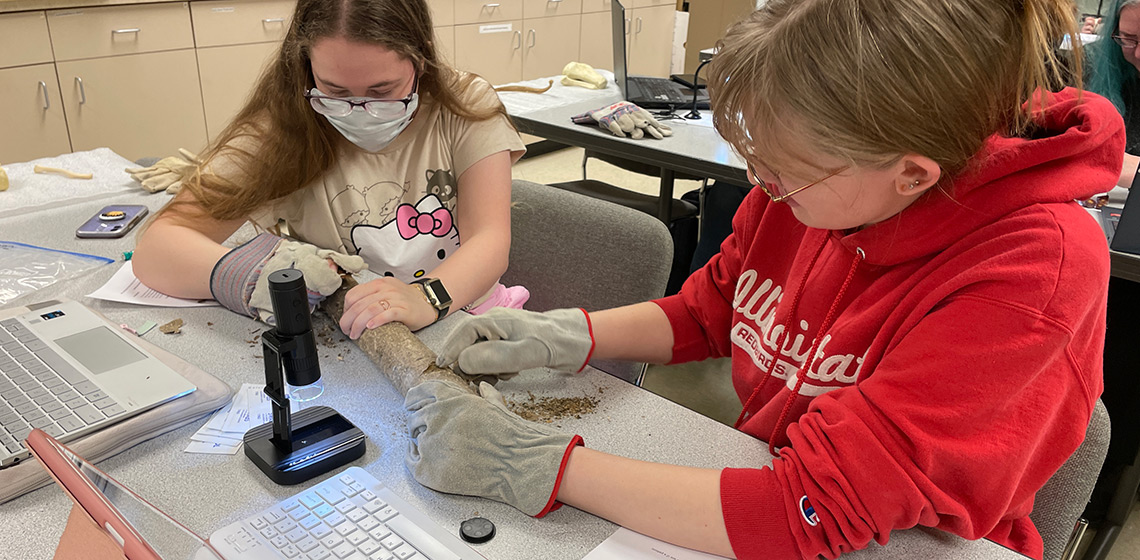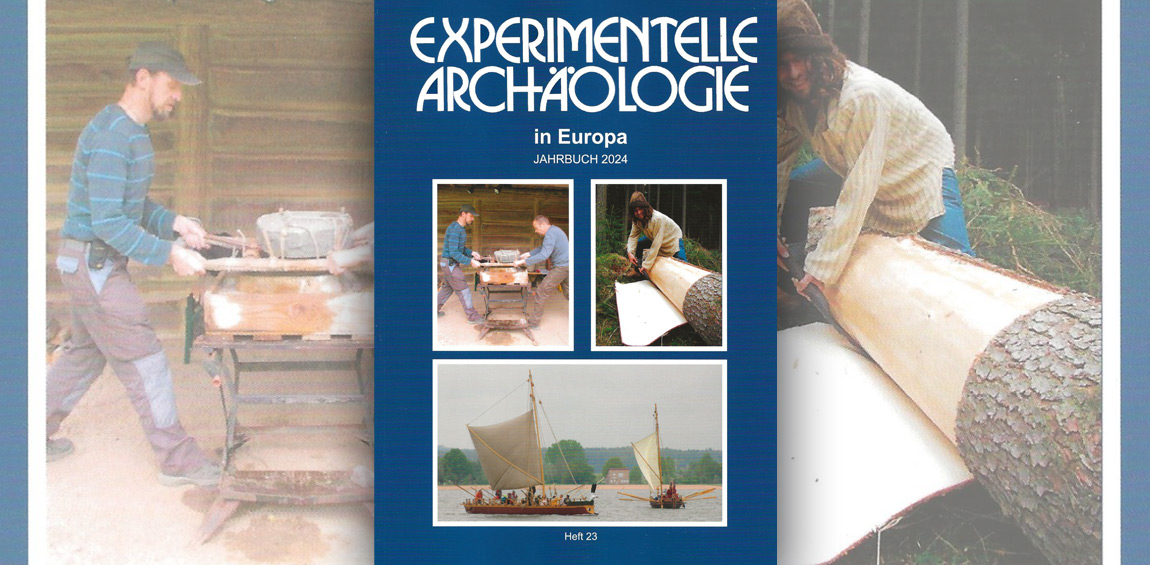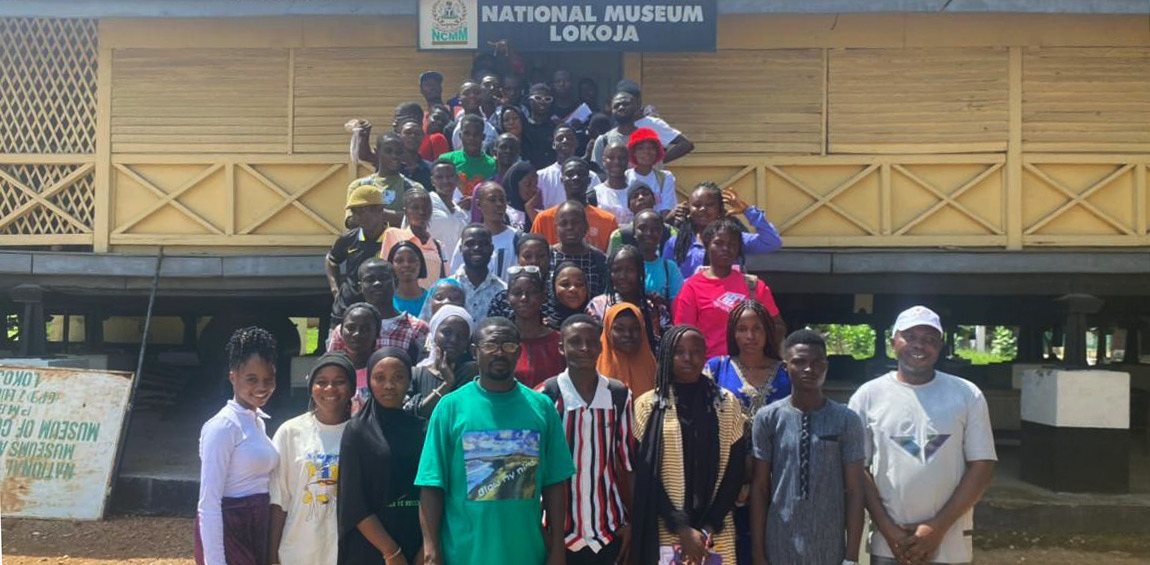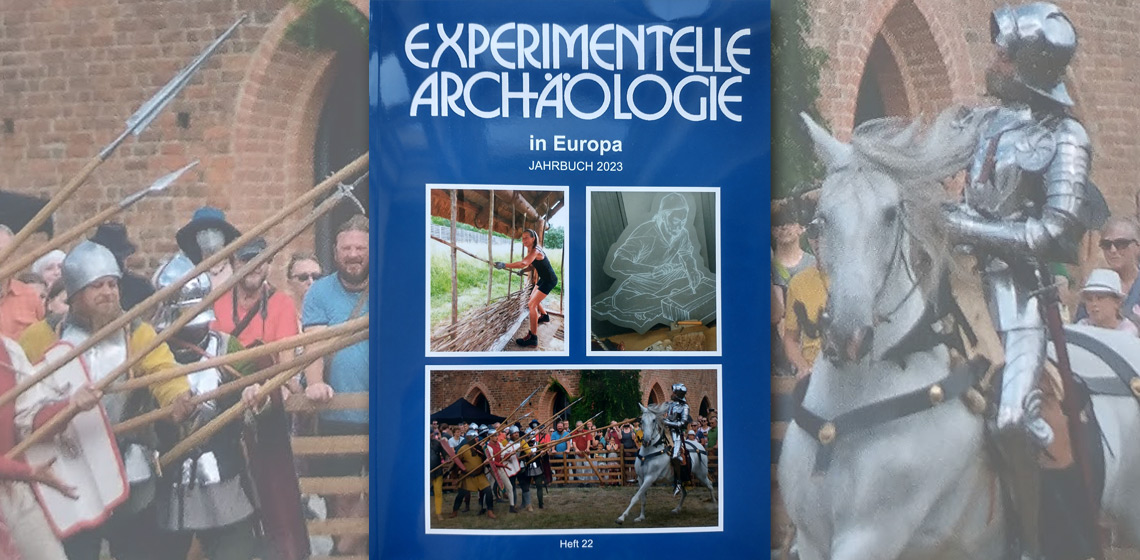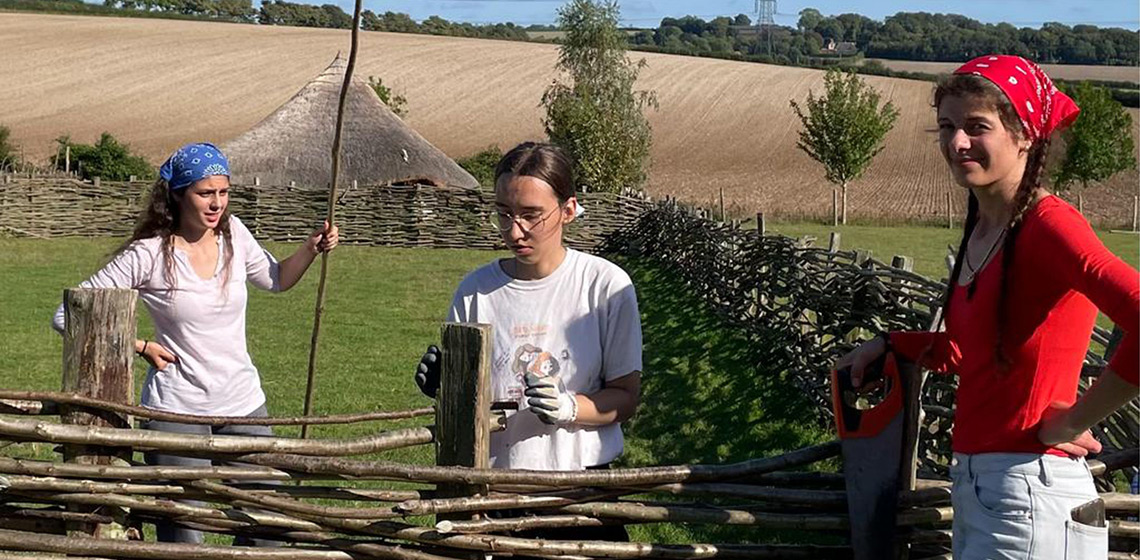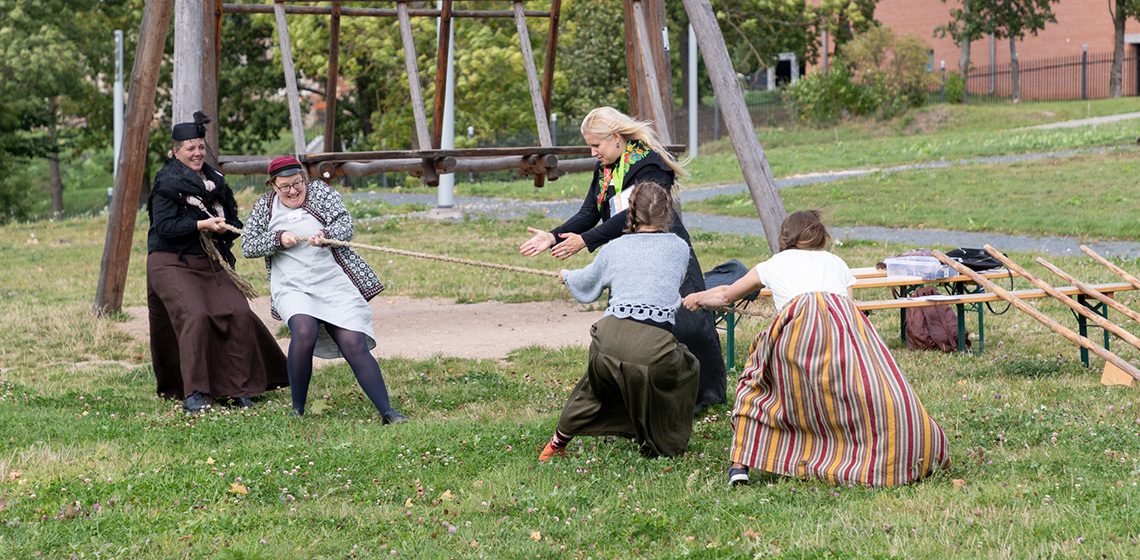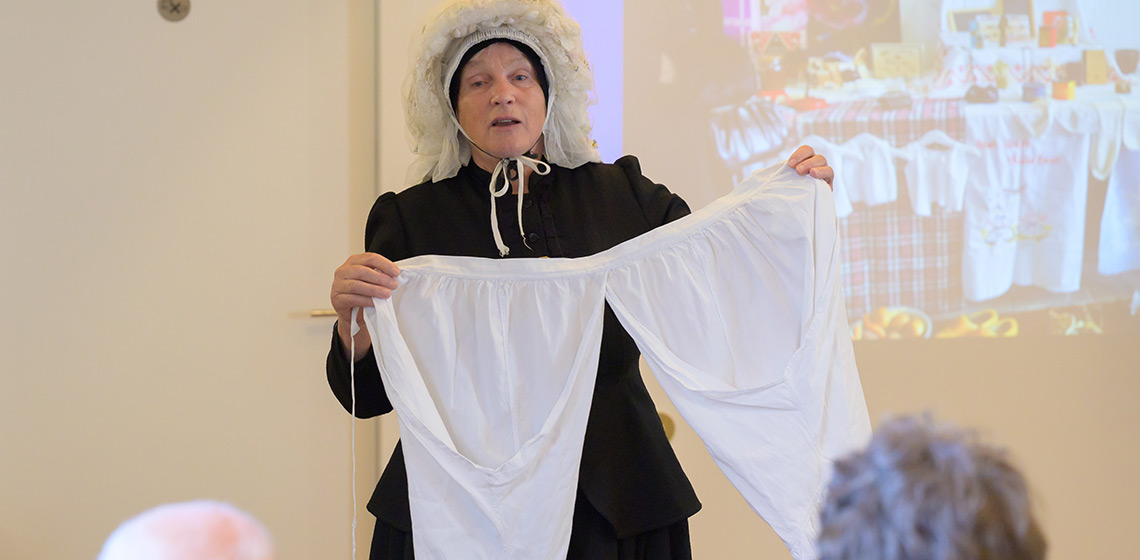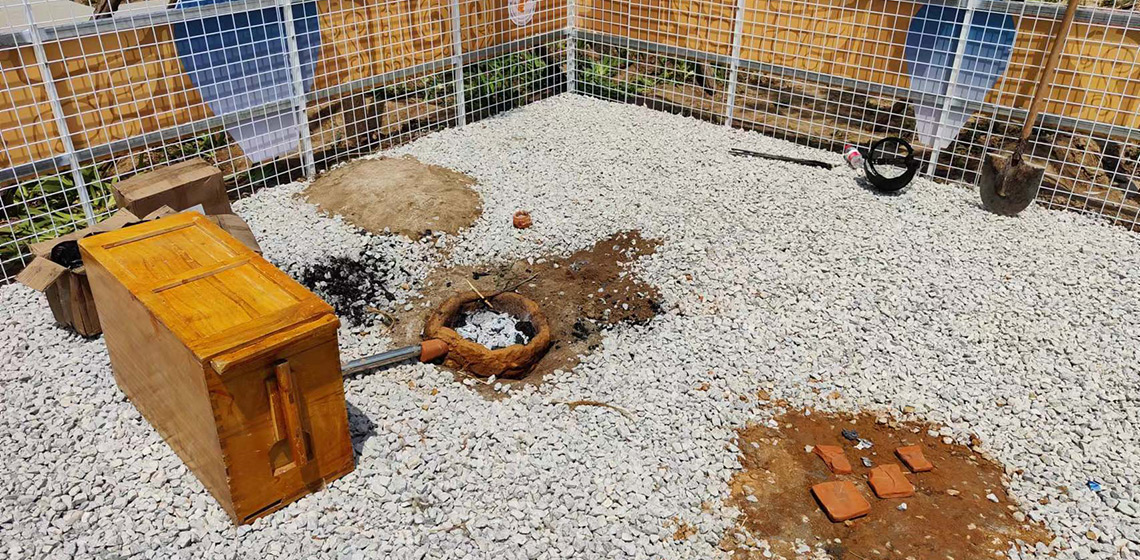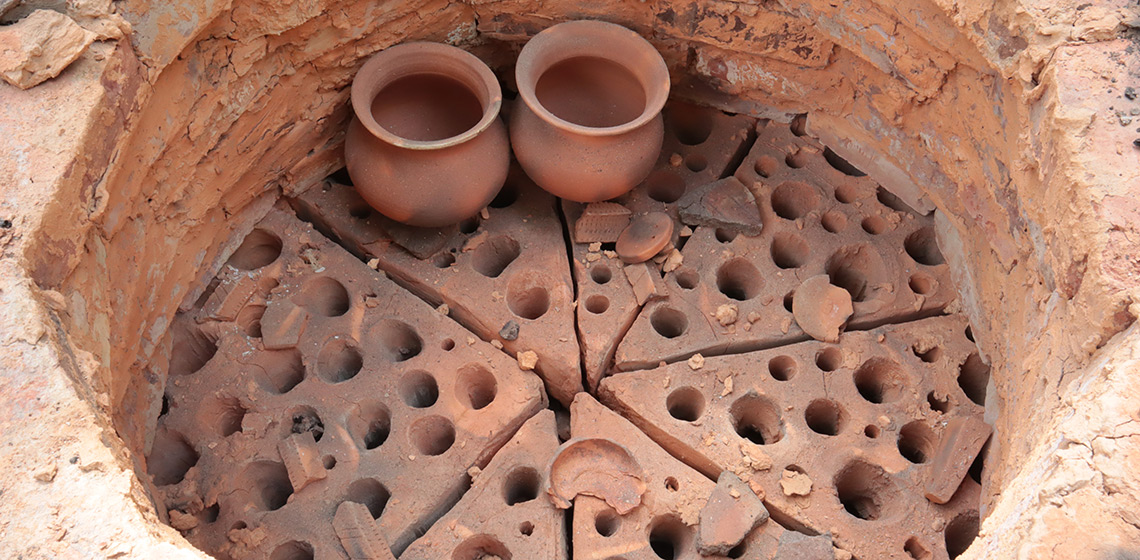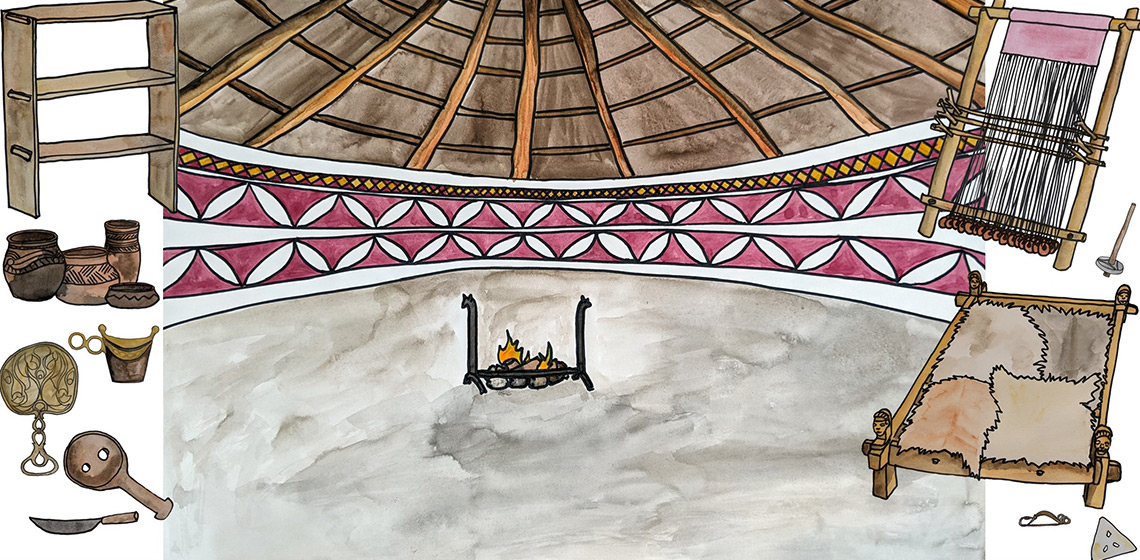education
A CURE for Teaching Experimental Archaeology
Publication Date
This paper explores the ‘Course-based Undergraduate Research Experience’ (CURE) model as an effective approach to teaching experimental archaeology. While the CURE model has been successfully used in STEM fields to enhance student engagement and produce positive long-term impacts on academic and career success, it has yet to be widely implemented into experimental archaeology curriculum - despite the inherently experiential, hands-on nature of the discipline...
Book Review: Experimentelle Archäologie in Europa, Jahrbuch 2024
Publication Date
Annual Proceedings of the EXAR Tagung
***In 2023 EXAR once again hosted their annual conference, this time from 5th until 8th October 2023 at the Experimentalarchäologischen Freilichtlabor Lauresham in Lorsch (Germany) and was attended by more 90 participants. It was the 20th edition of this conference. The Jahrbuch 2024 contains as before essays from lectures held at the 2023 conference and was presented at the 2024 conference.
***In 2023 EXAR once again hosted their annual conference, this time from 5th until 8th October 2023 at the Experimentalarchäologischen Freilichtlabor Lauresham in Lorsch (Germany) and was attended by more 90 participants. It was the 20th edition of this conference. The Jahrbuch 2024 contains as before essays from lectures held at the 2023 conference and was presented at the 2024 conference.
Expanding Horizons: Contemporary Dynamics and Challenges in Public Archaeology in Nigeria
Publication Date
The purpose of this essay is to assess the situation of public archaeology in Nigeria. Public archaeology is the practice of sharing archaeological knowledge with the public. It is a branch of archaeology that focuses on engaging the public and making archaeological practices and findings accessible to non-professionals. Its approach involves community outreach, education, and collaborative projects, aimed at fostering awareness creation for the preservation of cultural heritage...
Book Review: Experimentelle Archäologie in Europa, Jahrbuch 2023
Publication Date
Annual Proceedings of the EXAR Tagung
***The periodical is published by Gunter Schöbel and the European Association for the Advancement of Archaeology by Experiment e. V. (Europäische Vereinigung zur Förderung der Experimentellen Archäologie) in collaboration with the Pfahlbaummuseum Unterhuldingen...
***The periodical is published by Gunter Schöbel and the European Association for the Advancement of Archaeology by Experiment e. V. (Europäische Vereinigung zur Förderung der Experimentellen Archäologie) in collaboration with the Pfahlbaummuseum Unterhuldingen...
Crossing Borders and Eras: the adventures and experiences of three Romanian Archaeology Students in two European Archaeological Open-Air Museums: preHistorisch Dorp (NL) and Butser Ancient Farm (UK)
Publication Date
In this article, we share our enriching experiences during internships at two prominent Archaeological Open-Air Museums in Europe: preHistorisch Dorp in the Netherlands and Butser Ancient Farm in the UK. Motivated by our passion for experimental archaeology, we embarked on this journey to contribute to the development of this field in Romania.
Time travel – a Great Method to Strengthen Cooperation between Museums and Schools. The Experience of Nationwide Time Travels in Estonia.
Publication Date
In Estonia the method of Time Travel has been used for more than 10 years. While the first time travels were conducted in a rather casual and modest way, a change took place in 2016 with the first nationwide project. By today more than 23 000 students have participated in the nationwide time travel events and it has become an important way of cooperation for museums and schools.
Where Two Worlds Meet - Living History and Heritage Locations
Publication Date
The Netherlands have an abundance of heritage locations: museums, monuments, windmills. A favorite pastime of many senior citizens is to take responsibility for this heritage as volunteer guides, amateur historians, and so on. Their traditional contribution to the Dutch heritage sector is tremendous. But at the same time there is a ...
Experimental Archaeological Factors of Primary Education in China
Publication Date
Asarchaeology in China has developed, experimental archaeology, as a research method of archaeology, has attracted more and more attention from Chinese archaeologists. The strength of a discipline's development is reflected not only in academic contributions but also in how it enhances the lives of the public...
Experimenting with the Ancient Greek Pottery Production Process from Clay Selection to Firing in a (Re)constructed Updraft Kiln
Publication Date
This article presents an experimental archaeology project that aimed to reproduce the Hellenistic Greek pottery production process. The project's main research questions were focused on understanding how locally available raw materials and climatic conditions influenced the production process and how the process created social networks with the local community...
Exploring the Potential of Shared Authority Projects in Open-Air Museums
Publication Date
#EAC12 World Tour 2021
***As our societies become more diverse and the demographics of heritage visitors change, many open-air museums are concerned about how to remain relevant. Making a shift to an activist approach is one way museums can evolve to better serve their visitors and community. Many traditional museums have adopted this approach, but relatively few open-air museums have done so...
***As our societies become more diverse and the demographics of heritage visitors change, many open-air museums are concerned about how to remain relevant. Making a shift to an activist approach is one way museums can evolve to better serve their visitors and community. Many traditional museums have adopted this approach, but relatively few open-air museums have done so...

